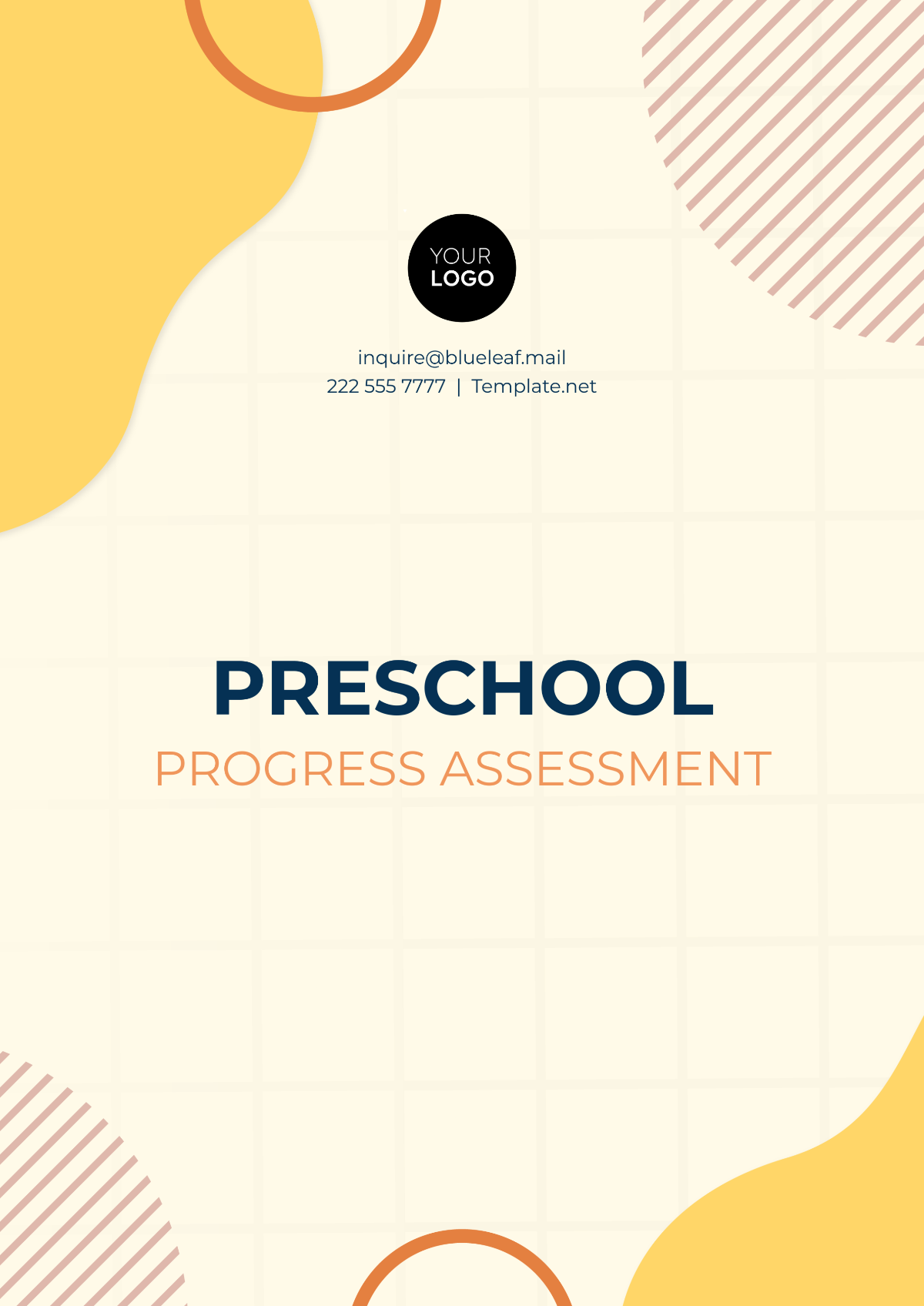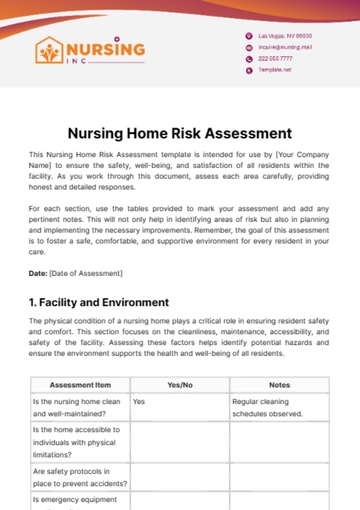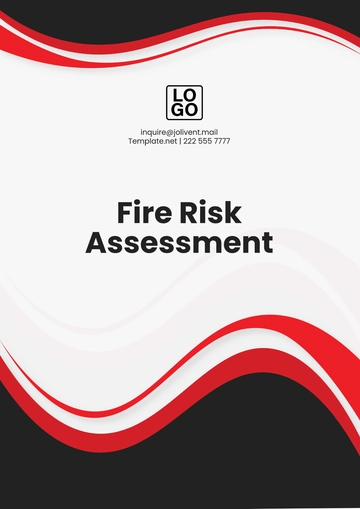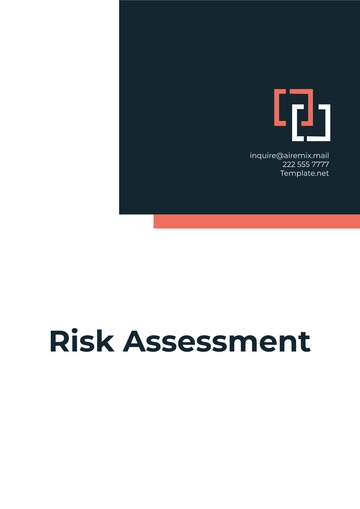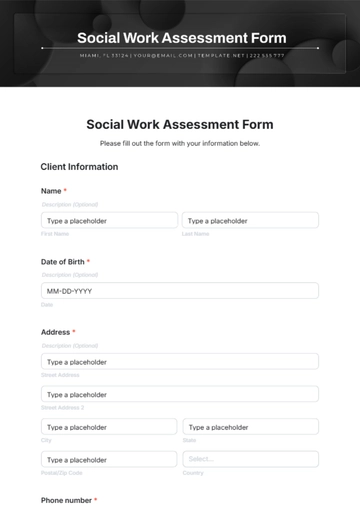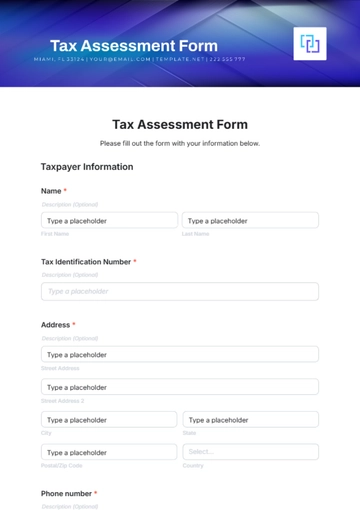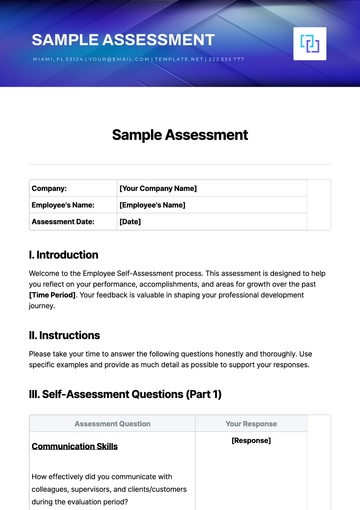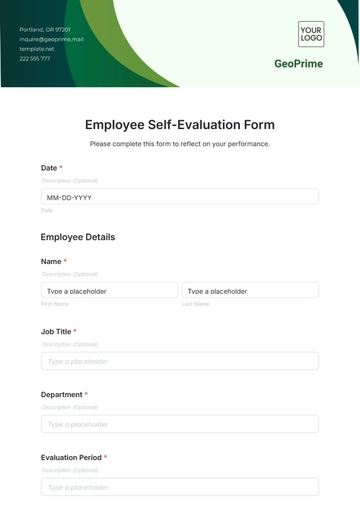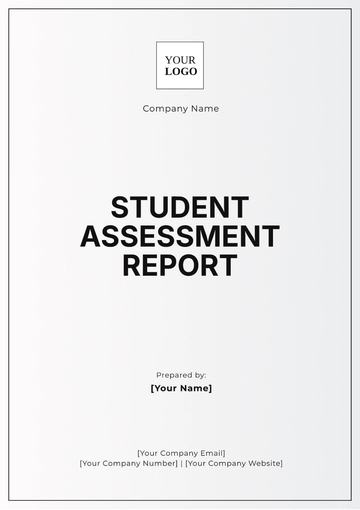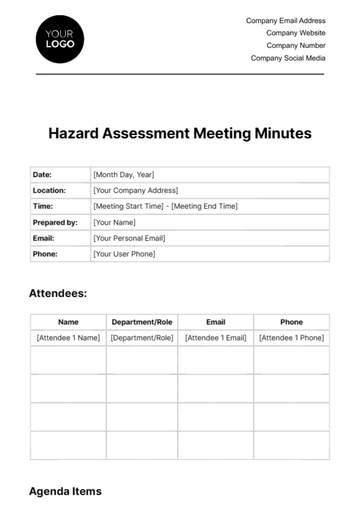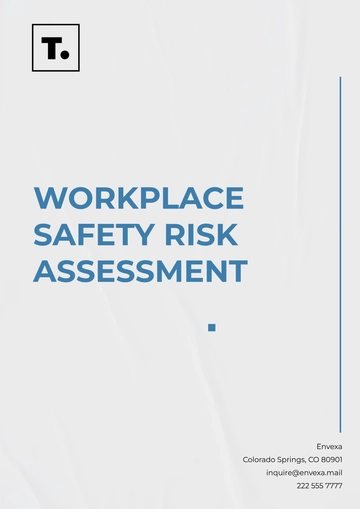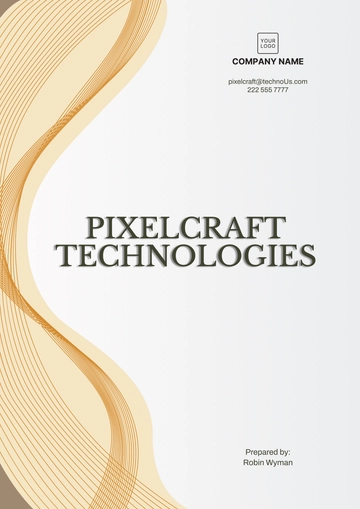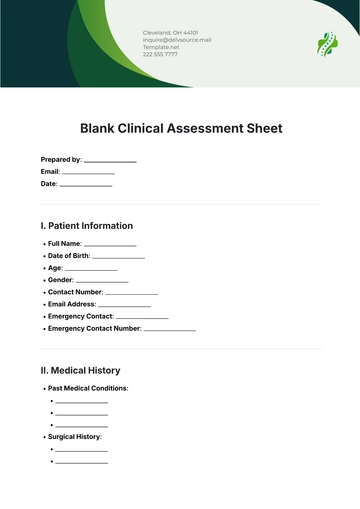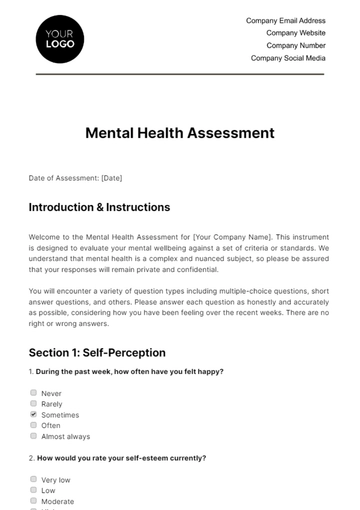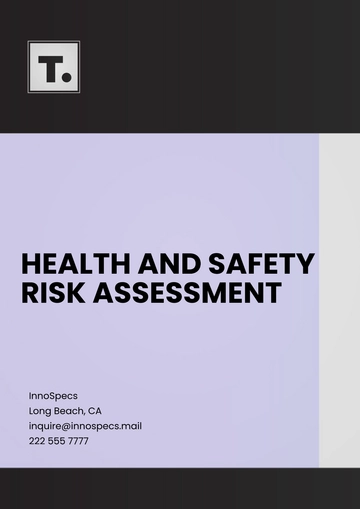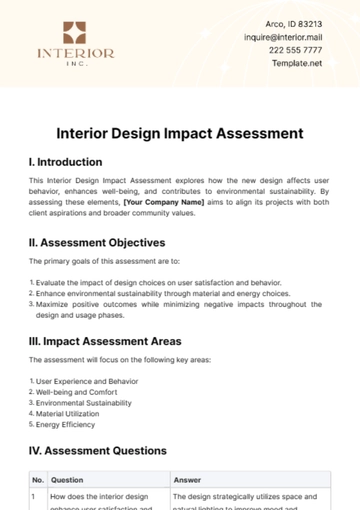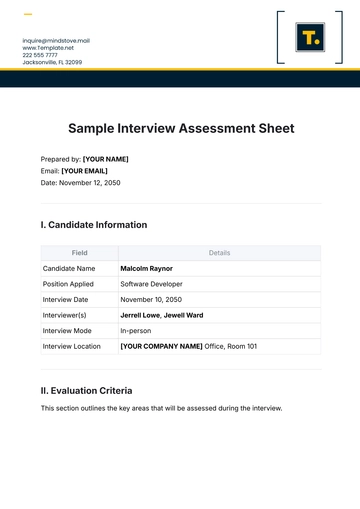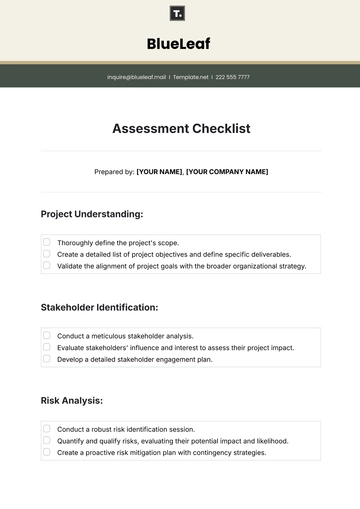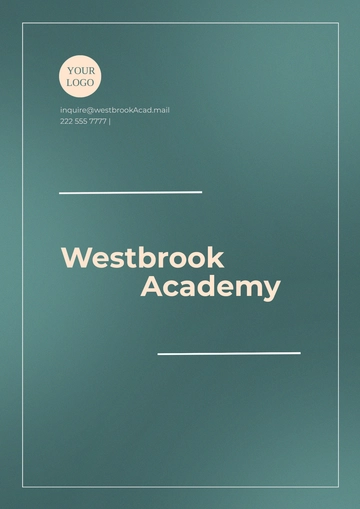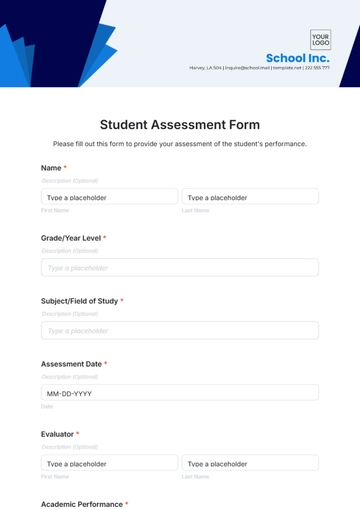Preschool Progress Assessment
Developmental Areas
1. Language and Communication
This area assesses the child's ability to understand and use language effectively. It includes vocabulary development, sentence formation, listening skills, and communication confidence.
Vocabulary Development
Sentence Formation
Listening Skills
Communication Confidence
2. Cognitive Development
Evaluation of cognitive skills involves problem-solving abilities, memory retention, logical reasoning, and recognition of patterns and relationships.
3. Social and Emotional Development
This section focuses on a child's ability to interact with peers and adults, emotional regulation, empathy, and understanding social cues.
4. Physical Development
Physical growth and motor skills are assessed, including both gross and fine motor abilities. This area is crucial for children's overall health and coordination.
Gross Motor Skills
Fine Motor Skills
Coordination and Balance
Physical Health
5. Creative and Artistic Expression
This aspect of the evaluation looks at the child’s creativity in art, music, and imaginative play, fostering innovation and self-expression.
Assessment Table
Assessment Per Category | Child's Name | Result (Above, Average, Poor) |
|---|
Language and Communication
| | |
|---|
Cognitive Development
| | |
Social and Emotional Development
| | |
Physical Development
| | |
Creative Expression
| | |
Comments:
Teacher's Signature
[Date]
Assessment Templates @ Template.net
